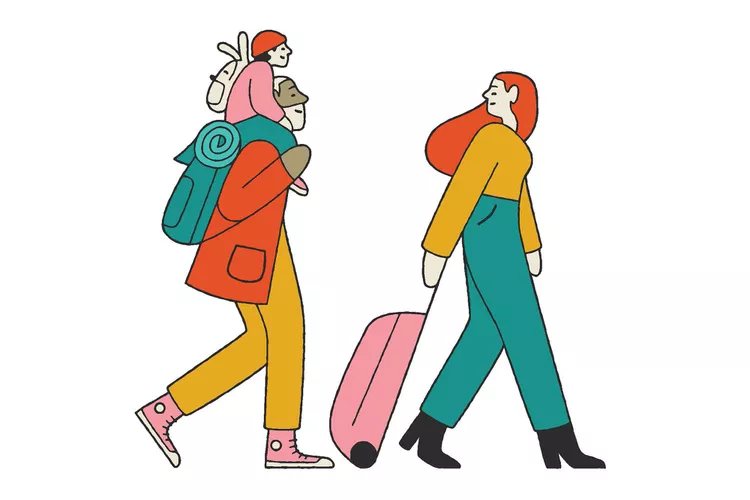Summary
Enhancing Travel Experiences for Families with Autism
Forward-thinking hospitality providers are making travel more enjoyable for families navigating the challenges of autism.
Allison Overmon, an anesthesiologist and mom of three living in Davis, California, cherishes her family’s vacations, even if her 12-year-old son’s autism can make them stressful. “Liam loves traveling, but he can get easily overwhelmed by big crowds and loud noises,” she says. “It’s worth the effort, though, because I think it teaches him to be more flexible — and my other two kids deserve the gift of travel as well.”
Understanding Autism in Travel
Overmon’s sentiments are common among families with children on the autism spectrum. Around four in five, or 78 percent, report being apprehensive about traveling, according to a recent survey by IBCCES, an organization focused on the needs of autistic people. Each individual will have specific concerns; however, issues related to travel can include hypersensitivity to sounds, sights, and smells, as well as anxiety about interacting with people who may lack familiarity with autism. A broader survey of travelers, by Expedia Group, found that seven in 10 would prefer lodging or experiences that are more inclusive, even if they cost more.
Hotels and Resorts Catering to Autism
A growing number of hotels and resorts are moving to meet these needs. Take the all-inclusive outposts of Beaches Resorts, two in Jamaica and one in Turks and Caicos. All three are recognized by IBCCES as Advanced Certified Autism Centers, in part because staff receive a minimum of 40 hours of autism sensitivity training upon employment. The properties also offer what Beaches says are the Caribbean’s first autism-friendly kids’ clubs, which include activities such as a free-flowing art session with Julia, the Sesame Street character who is on the autism spectrum. The three resorts also have scuba courses specifically designed for neurodiverse travelers.
The three U.S. Legoland Resorts are now Certified Autism Centers, thanks to staff training programs, newly available sensory guides that make trip planning easier, and “low sensory areas” that offer quiet spaces for those who need them. In Fort Lauderdale, Florida, the Chateau Mar Golf Resort, Trademark Collection by Wyndham has partnered with Florida International University to train and employ people with autism in the hospitality industry.
For many properties, design is a key factor in accessibility. JW Marriott Orlando Bonnet Creek Resort & Spa has a Kids Conservatory Lounge that offers guests noise-reducing headphones and has sensory walls — think surfaces covered in Lego bricks and color-changing LED tiles. At the Kimpton Hotel Monaco Salt Lake City, families receive perks such as an in-room tent with pillows for a cozy refuge that helps block stimuli. Vea Newport Beach, a Marriott Resort & Spa recommends corner rooms for families that need quiet — and can on request send a personalized note with photos of the hotel, to help minimize the stress of the unfamiliar.
Improvements in Airports
Airports are also making strides. Myrtle Beach International, in South Carolina, for example, has a Quiet Room for those in need of pre-departure peace; Pittsburgh International opened a “sensory-friendly space” for passengers in 2019, after an airport employee suggested the idea. Consequently, other airports, including those in Atlanta; Kansas City, Missouri; Phoenix; and Portland, have added similar amenities; Miami International now has two Multi-Sensory Rooms. Flying even higher is Breeze Airways, which offers autism-awareness training to its flight attendants in collaboration with Autism Double-Checked, a travel-focused accreditation body.
A version of this story first appeared in the May 2023 issue of iBestTravel under the headline “Because Everyone Deserves a Vacation.”




